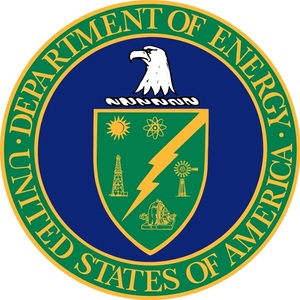DOE seeks proposals for Co-Optima collaboration

November 16, 2020
BY Erin Voegele
The U.S. Department of Energy has announced a directed funding opportunity (DFO) seeking proposals for advancing the aim of its Co-Optimization of Fuels and Engines (Co-Optima) initiative, which focuses on developing new high-performance fuels that, when combined with advanced combustion approaches, can boost engine efficiency and cut emissions.
According to the DOE, the agency is specifically seeking proposals to leverage national laboratory resources and overcome key technical challenges to advancing new liquid fuels and blendstocks, with an emphasis on biofuels from renewable and waste resources. The DOE said the proposals should address specific technical challenges and barriers that Co-Optima researchers can address to move new fuels closer to market in conjunction with advanced, high-efficiency engines.
The agency said is seeking proposals to advance foundational knowledge at the fuel-engine interface, as well as applied research and development focused on advancing technologies that move promising bio-blendstocks and combustion approaches identified in Co-Optima closer to commercial adoption.
Advertisement
Applicants are asked to submit a white paper project proposal no more than 12-pages in length. The white paper should describe the technical problem, the approach to developing a solution, what Co-Optima capabilities are needed, why DOE resources are necessary, and the anticipated impact towards increasing adoption of biomass-derived fuels. Proposals must be submitted by Jan. 14, 2021.
A webinar on the Co-Optima DFO opportunity is scheduled to be held Dec. 3. The DOE also indicated that it will hold industry-requested teleconferences the week of Nov. 20 where potential proposers can interact with all Co-Optima researchers interested in collaboration with that particular company.
Advertisement
The DOE is expected to fund four products as part of the DFO. Selected project awards are expected to be funded at $250,000 of Co-Optima National Laboratory assistance over a project duration of 12-18 months. Final selection decisions are expected to be made in March.
Additional information is available on the DOE website.
Related Stories
UNICA, the Brazilian sugarcane industry association, has released data showing sugarcane processing and total ethanol production were both down during the first half of May. Corn ethanol production continued to trend higher.
Legislation pending in Nevada aims to create a sustainable aviation fuel (SAF) incentive fund that would provide an incentive of $2.50 per gallon to domestic air carriers to support the purchase of SAF produced within the state.
LanzaJet and ATOBA Energy have signed a memorandum of understanding (MOU) to collaborate on accelerating sustainable aviation fuel (SAF) deployment and creating new commercial models for the market.
Apache Stainless experts outline the various kinds of vessels and best practices for scope development.
Operable U.S. biofuel production capacity expanded slightly in March, according to data released by the U.S. Energy Information Administration on May 30. Feedstock consumption was up when compared to the previous month, but down from March 2024.
Upcoming Events










